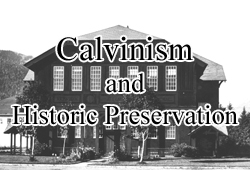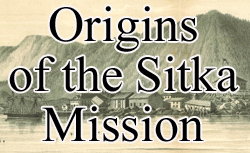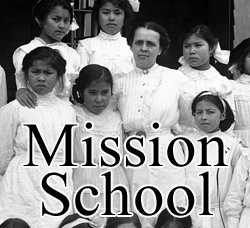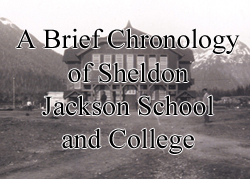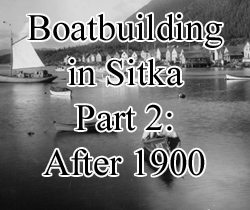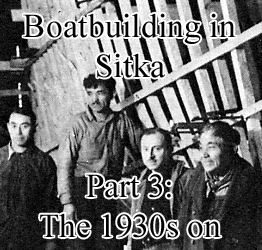Fourth Grade Additional Materials and Suggestions for Use
High School Additional Materials and Suggestions for Use
The Mission Installation March 14th to 17th, 2013.
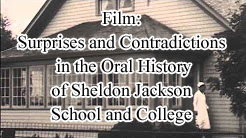 Short Film: Surprises and Contradictions in the Oral History of Sheldon Jackson School and College
Short Film: Surprises and Contradictions in the Oral History of Sheldon Jackson School and College
Some of my essays and other writings on the history of Sheldon Jackson:
The Davis Case: a federal school integration case in Sitka, 1906
The Cottages: the surprising story of a model Christian Native community
Mission School: education, then and now
Call of the Wild: The shocking racial views of Jack London in this adventure classic
A Brief Chronology of Sheldon Jackson School and College
Boatbuilding in Sitka: Russian ships, American entrepreneurs
Boatbuilding in Sitka Part 2: Dozens of fishing boats built, mostly by Alaska Natives
Boatbuilding in Sitka Part 3: the pride of Sitka

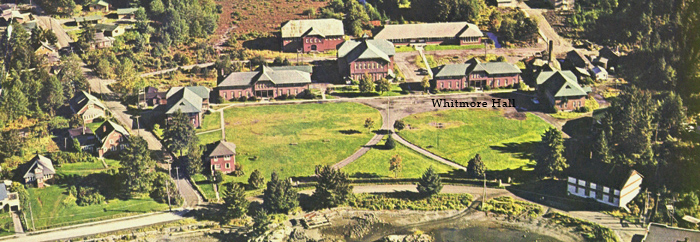
Sheldon Jackson College was founded as a mission school to Native children in 1878. Over the years it became a boarding high school, then a junior college during WWII, and finally a four-year college. The high school closed in 1966, and the college closed in 2007.
The closure was difficult. Like many in Sitka, I wanted to understand what happened - what led up to the disastrous, abrupt closure, and how and why they managed to stay open for so many years. Alice Smith and I began to interview former students and staff on video, for an oral history of Sheldon Jackson School and College.
The story turned out to be much bigger and more complex than I had imagined.
This art installation was for what can only be expressed through an immersive art experience: the story of unreconcilable contradictions. This show was my attempt to present missionary philosophy, the student experience, and the strong emotions after the school closed, in the words of the participants themselves.
The main element was sound - found audio from campus, recorded meetings, and interviews. There were also video, photographs, documents and artifacts.
In 2014 I received a Rasmuson Artist Award to continue work on this project as video version of the art installation.
The story turned out to be so complex, and with so many threads connecting the lives of people today with events in this place, that the project has evolved into a creative non-fiction narrative of the entire history of the school, up to the present day. See the left side bar for a sampling. It includes the chaos of the first military rule in 1867, and the demise of Sitka's First Presbyterian Church, which survived more than one crisis over the years, only to fall to the ideological divide over gay clergy.
I am learning about how racial bias shaped the experiences of people we've interviewed, and a glimpse of the joys and tragedy of Sitka a generation ago,, and how people I know, both Native and non-Native, my generation and older, perceive and respond to bias. Most of all, I am learning how the interactions of Native and non-Native people was far from the simplistic narrative I had assumed it was before talking to elders. The actions of Native individuals, missionaries, soldiers ,and officials shaped life as we know it today.
- Rebecca Poulson




